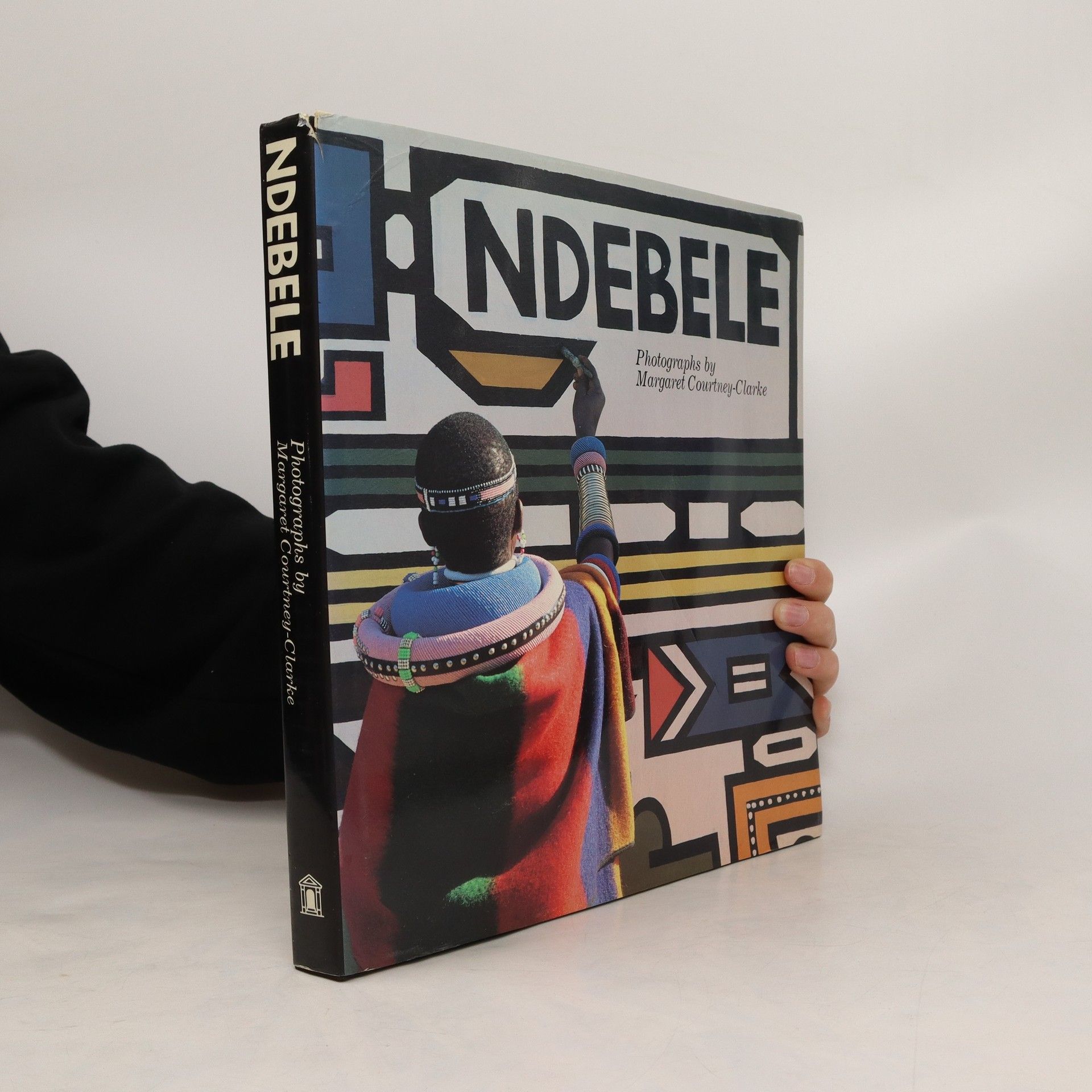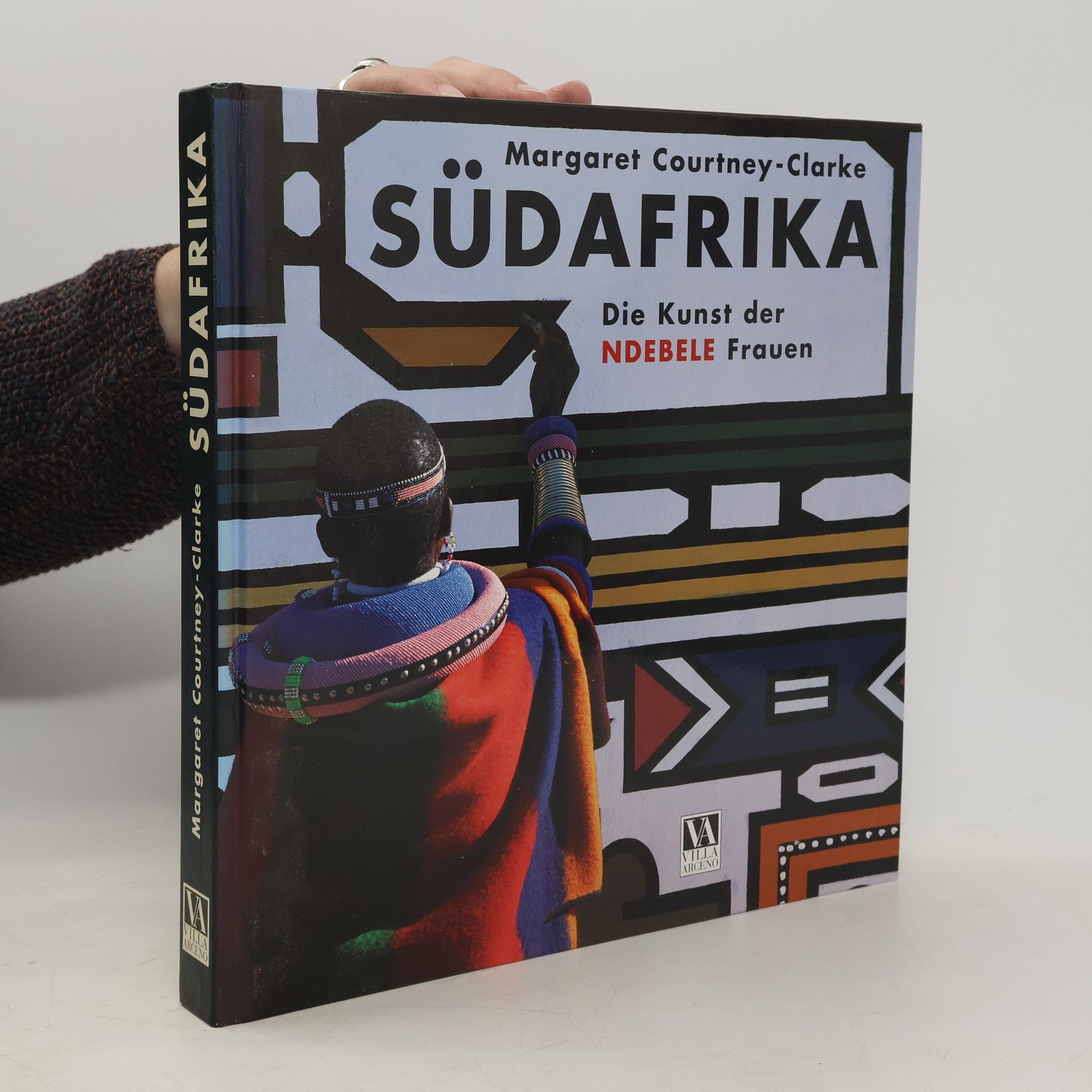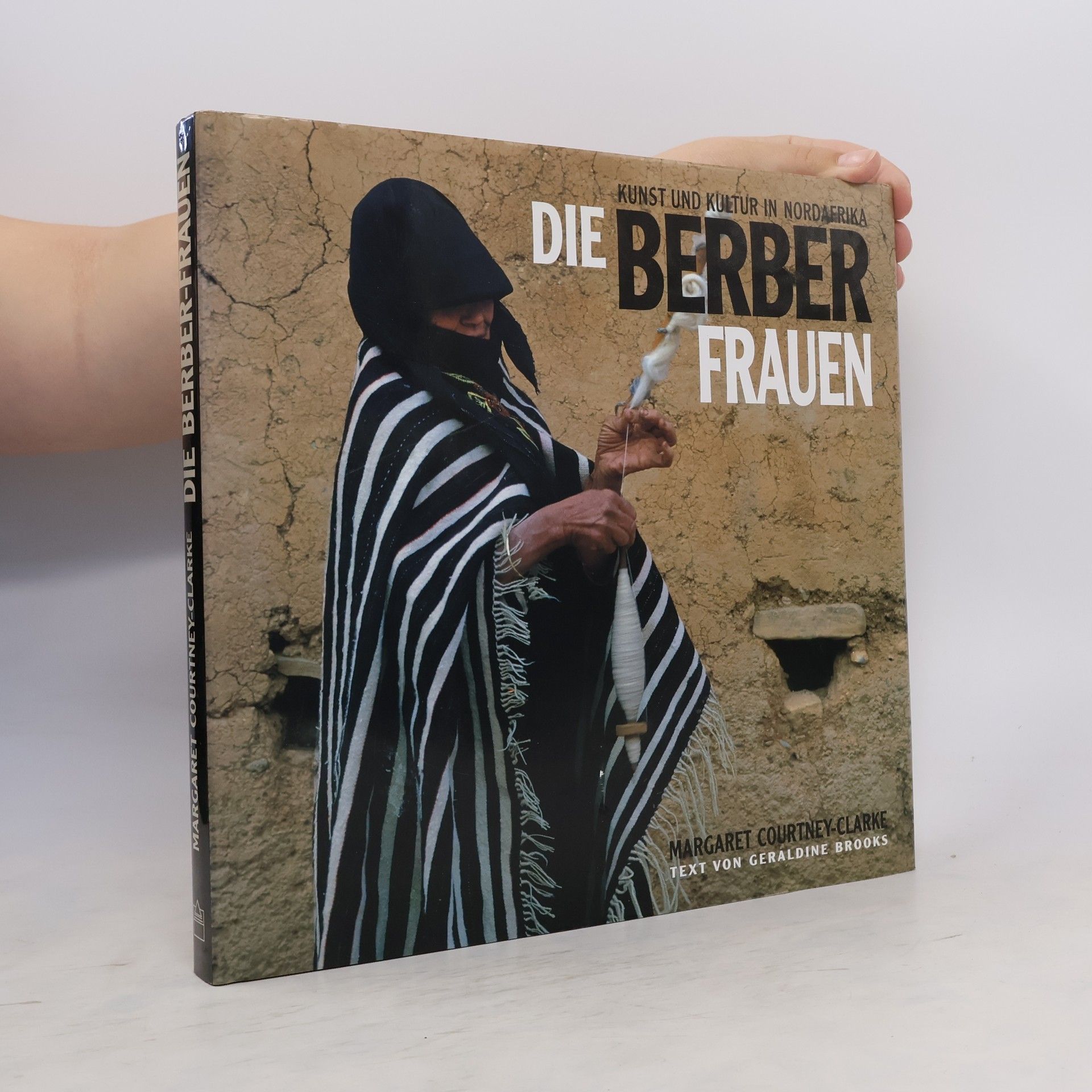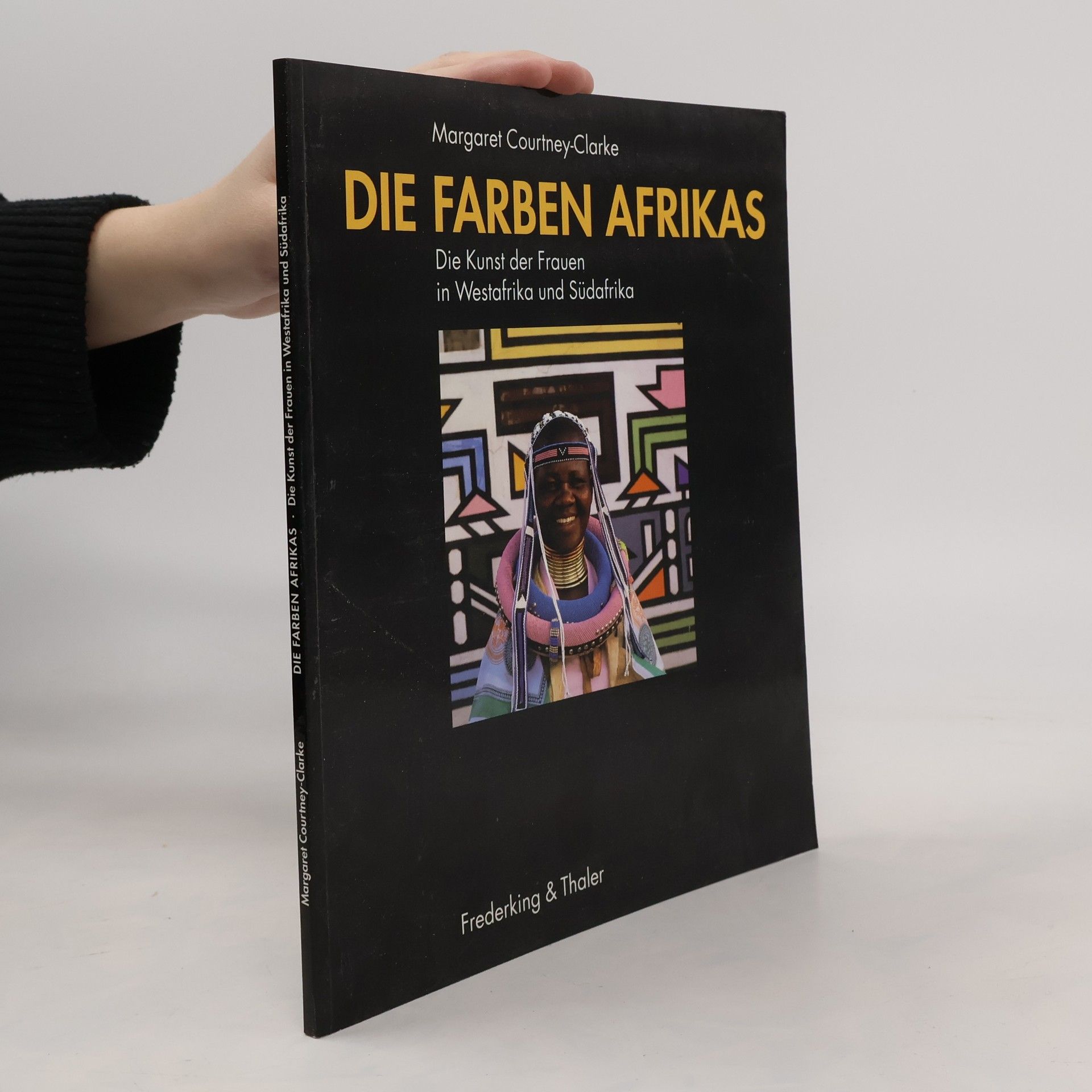Ndebele: The Art of an African Tribe
- 200 pages
- 7 hours of reading
The book highlights the vibrant art of the Ndebele tribe in South Africa, showcasing their intricate beadwork and wall paintings that reflect a rich cultural heritage. Margaret Courtney-Clarke documents her five-year journey with the Ndebele, capturing their dynamic and colorful compositions, which remain strikingly modern. The narrative also addresses the challenges faced by the tribe, including forced resettlement and the decay of their artworks, making her photographs crucial records of their artistic legacy amidst adversity.





